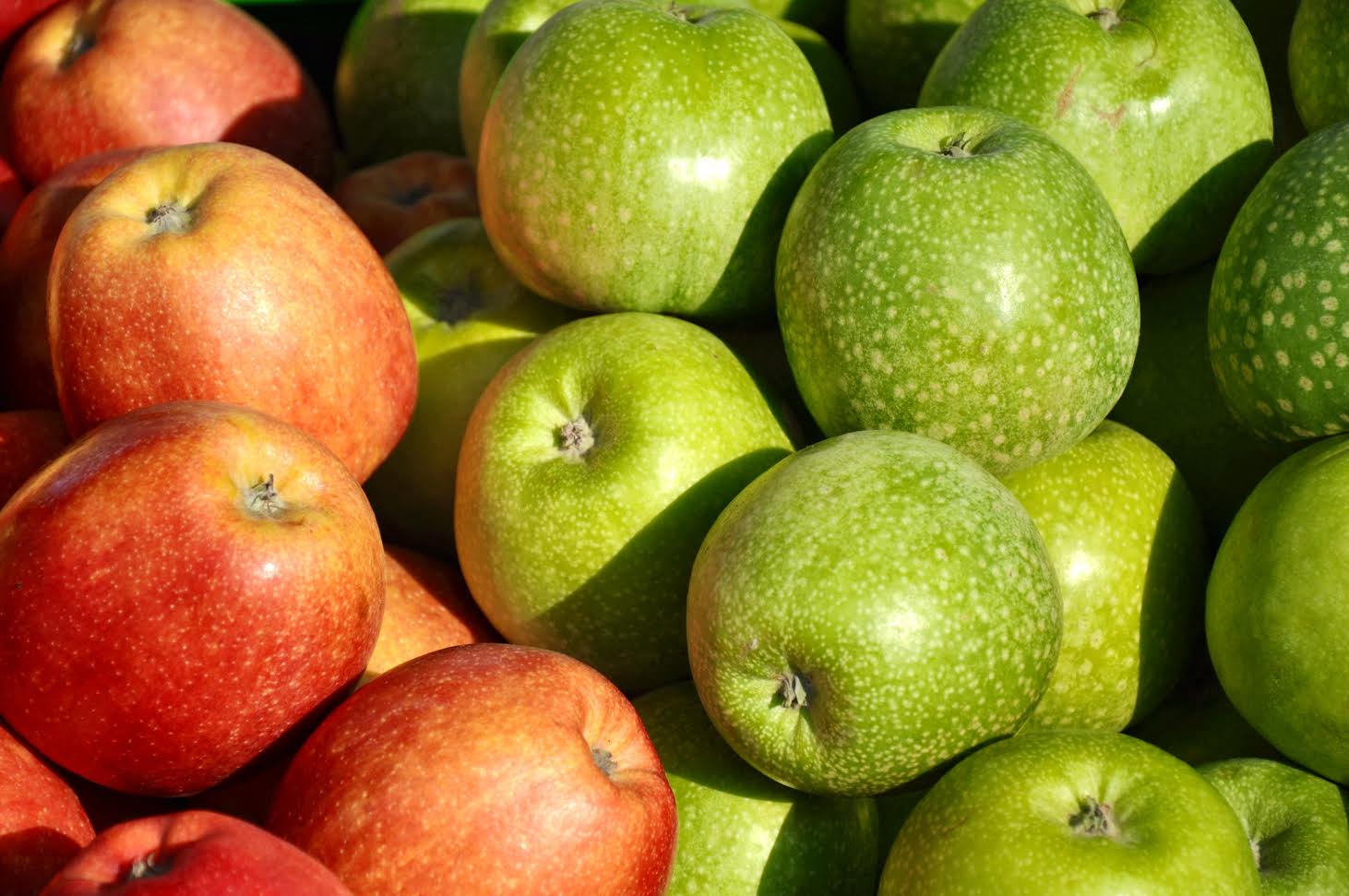
A postgraduate university is working with supermarkets in an effort to extend the ‘flavour-life’ of UK apples by up to six weeks.
Cranfield University has been listening to consumers who want to enjoy fruit grown in the UK which retains its full flavour for longer.
Researchers are employing state-of-the-art sensors allied to improved postharvest storage in attempting to achieve this goal.
This is building upon Cranfield’s recent research to develop novel sensors to better inform targeted controlled atmosphere to suppress ripening while maintaining flavour, offering the ability to extend storage and so help reduce waste and the reliance on imports.
The UK apple industry is worth £190 million at retail and supports many jobs in the industry directly – on farms and in transport.
To achieve a year-round supply, most apples are typically stored for up to six months, depending on variety.
This means the supply of UK-grown top fruit is restricted to a small marketing window, from September through to March, due to late-stored fruit not competing well in terms of quality with new season fruit from the Southern Hemisphere.
'Sophisticated storage technologies'
Professor Leon Terry, Director of Environment and Agrifood at Cranfield University, said the British apple industry is continuously being asked by UK retailers to extend availability.
"This can only be achieved by implementing ever more sophisticated storage technologies," Prof Lerry said.
"We need to improve how apples are stored so that the focus is moved towards 'flavour-life' rather than just being driven by firmness and sugar content.
"If we control ripening while maintaining 'flavour-life', we can make incremental increases in storage time to help reduce a reliance on imports and extend the window in which high-quality British fruit can be offered."
The project has received funding of more than a third of a million pounds (£354,957) from the Biotechnology and Biological Sciences Research Council (BBSRC) and Innovate UK.
